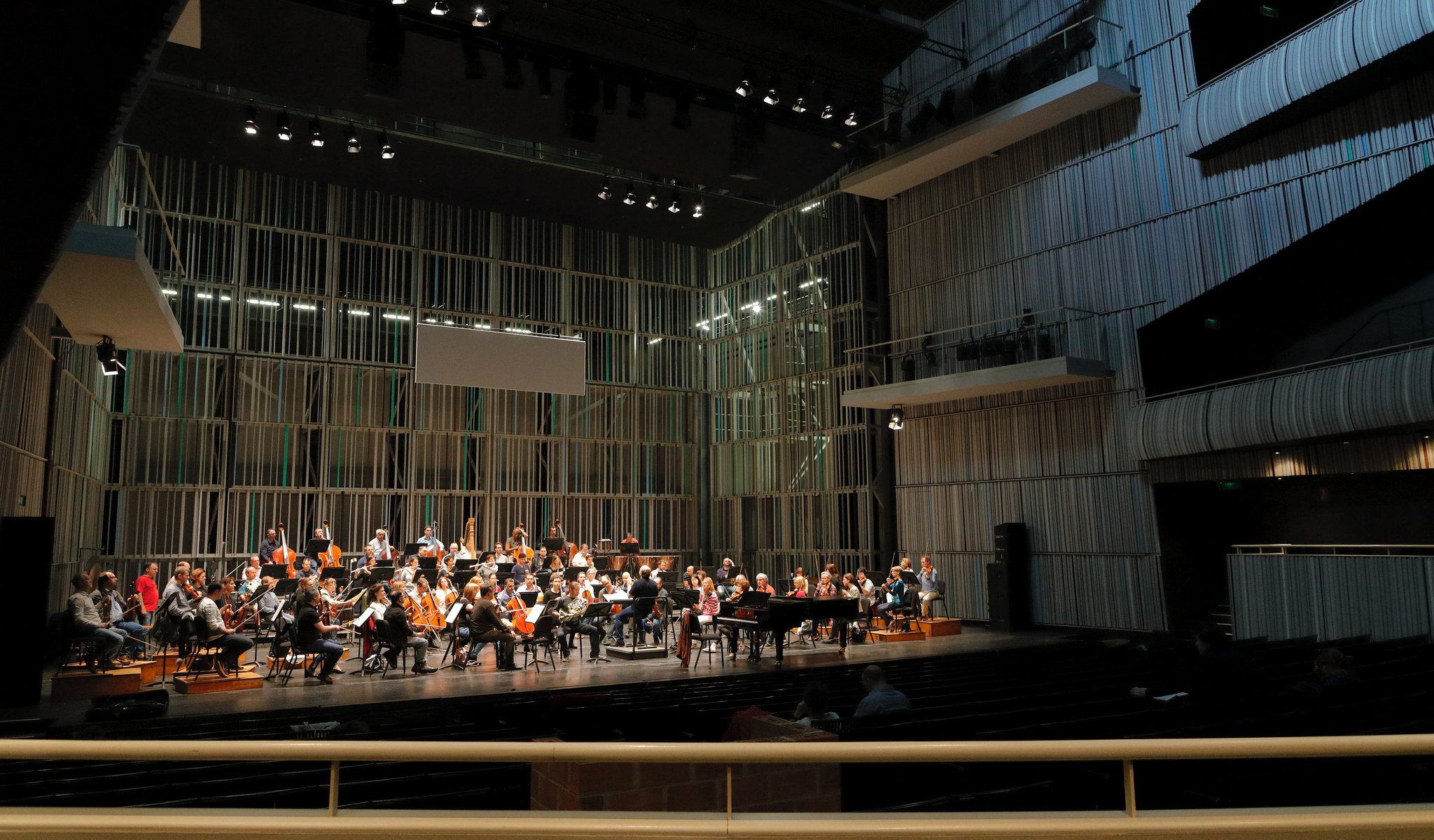
Program
Featuring
Other information
The event is about 2.5 hours long.
About the event
From waltzes inviting to dance, to a violin concerto wherein the very soul of the instrument is revealed, and to a symphony with a Czech character – this will be the journey taken by the Budapest Festival Orchestra in its first concert in Brugge, where a choral piece will also be sung even though no chorus is listed in the programme.
The work opening the concert actually stemmed from the discontent of Richard Strauss. Der Rosenkavalier was so popular that there were several attempts at joining the well-known melodies together into a concert piece. However, none of these efforts really pleased the composer, so he decided to do it himself. The orchestration of the waltzes following one another without any pauses is magical, and a pleasure to play for all the sections of the BFO.
Strauss will be followed by Max Bruch’s violin concerto, a work rarely heard in concert halls. Although Bruch’s compositions used to be popular, only a few of them have withstood the test of time. However, this concerto, which begins as a fantasy and exhibits a rather free form, is an exception in its genre. As a violinist, the composer thoroughly knew the instrument and its “soul”, which is clearly reflected in the juxtaposition of sensual virtuosic passages.
Before the intermission, the Cradle Song, a Dvořák piece for mixed choir will be offered. Musicians of the BFO have been learning to work together also as a choir for several years now, and this time the result is also included in the official programme.
The last work to be performed today will be the first published work by Dvořák in its genre. Symphony No. 6 in D major was also the first that the composer could hear performed outside Bohemia and ever since the work has been an international success. The symphony simultaneously reflects the influence of two composers, Brahms and Wagner, whom the contemporaries considered as representing starkly opposing musical trends. However, the use of tiny motifs as building blocks, the pastoral atmosphere and the unmistakable Czech character reveal a composer who has already found his own voice.